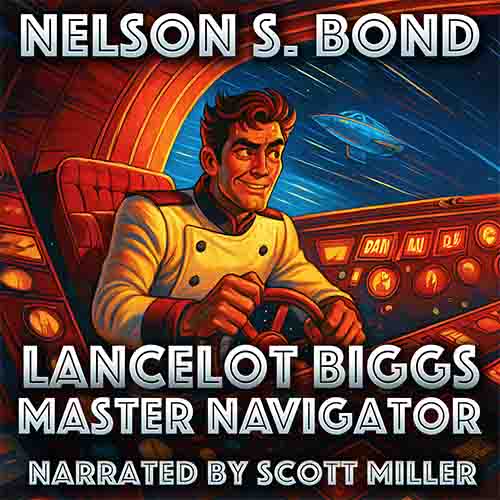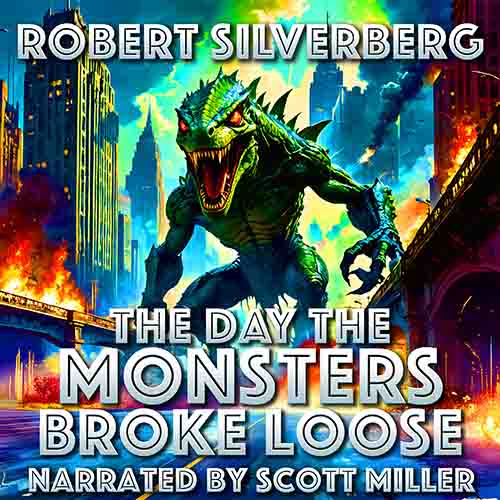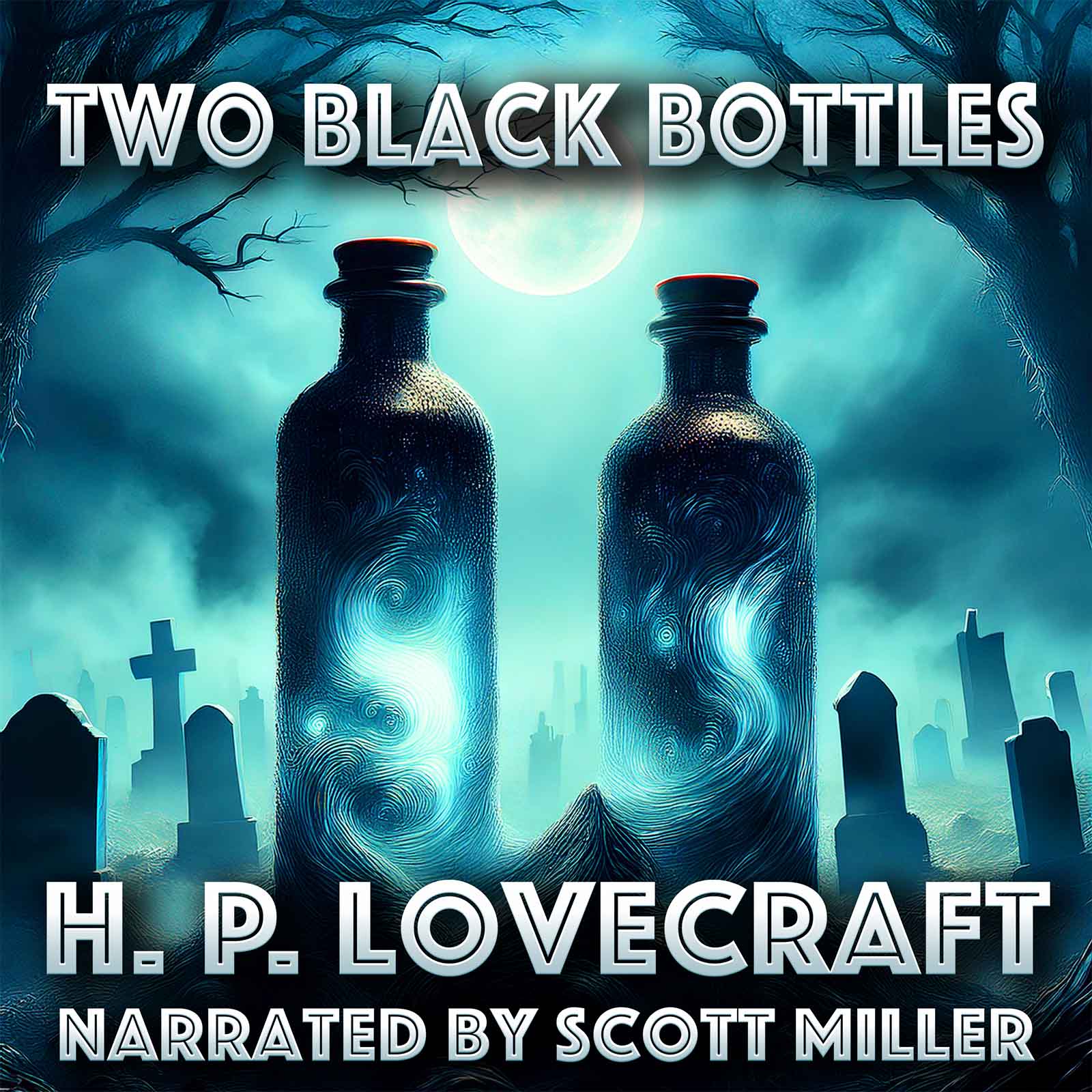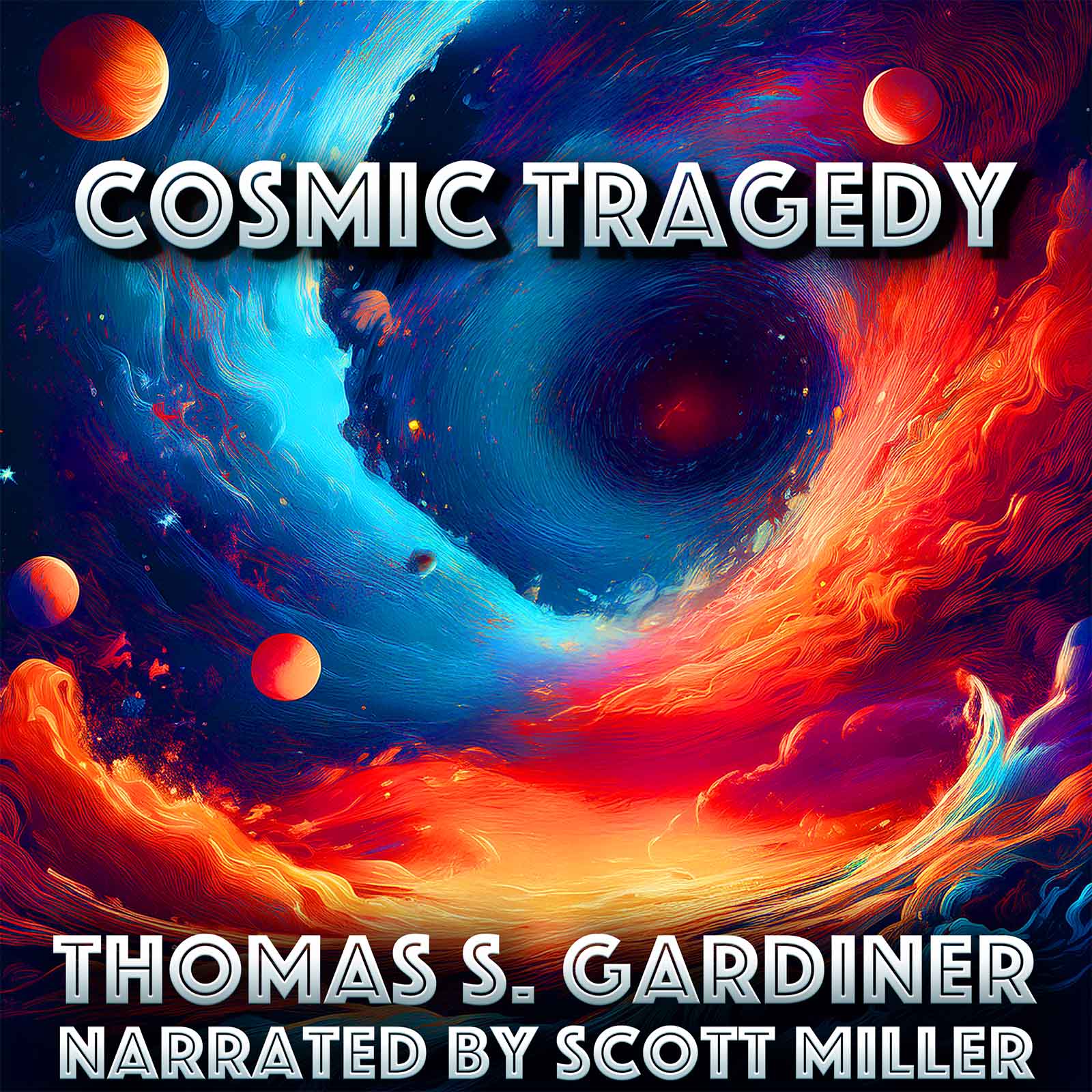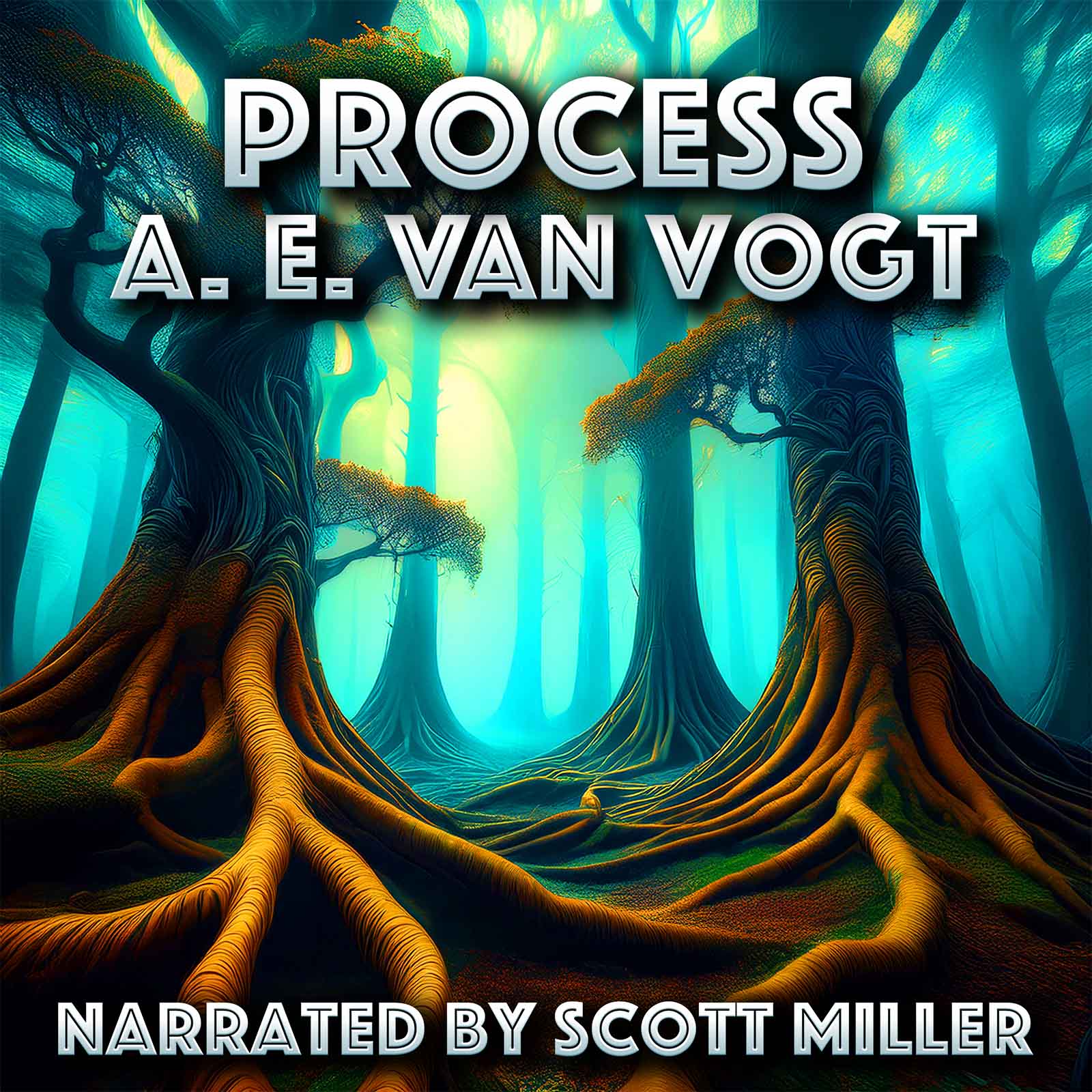Donald A. Wollheim

Biography
Donald A. Wollheim (1914–1990) was an American science fiction editor, publisher, and author whose vision and determination helped shape modern science fiction. As a pioneering fan, writer, and later a legendary editor, Wollheim was instrumental in moving the genre from pulp magazines to mass-market books, making science fiction accessible to millions of readers around the world. His influence as the founder of DAW Books, the first publishing house devoted exclusively to science fiction and fantasy, cemented his legacy as one of the most important figures in the history of speculative fiction.
Born in New York City, Wollheim developed a fascination with science fiction in his teens, devouring the early pulp magazines. By the 1930s he was an active member of fandom, co-founding the Futurians, an influential group of young fans and future authors that included Frederik Pohl, Isaac Asimov, James Blish, Cyril Kornbluth, and Judith Merril. Wollheim’s energy and enthusiasm helped transform fandom into a thriving subculture that nurtured the next generation of professional science fiction writers.
As a writer himself, Wollheim began selling stories to the pulps in the 1930s. He contributed tales to magazines such as Wonder Stories and Astounding, often under pseudonyms. His early fiction included planetary adventures, time travel stories, and imaginative explorations of alien contact. Among these, one of his most enduring works is the short story “Mimic” (1942), published in Astonishing Stories. In this chilling tale, Wollheim imagined a secret species of insectoid creatures capable of disguising themselves as humans, living undetected in modern society. Blending horror and science fiction, “Mimic” became a classic of speculative paranoia and was later adapted into the 1997 film Mimic directed by Guillermo del Toro, ensuring Wollheim’s fiction reached a whole new generation.
He later published novels such as The Secret of the Ninth Planet (1959) and Across Time (1957), which reflected his love of space adventure and classic science fiction themes. Though he was never regarded as one of the field’s great stylists, Wollheim’s fiction was entertaining, fast-paced, and deeply in tune with the pulpy vigor of early science fiction.
Wollheim’s greatest influence, however, came through his editorial and publishing career. In the 1940s and 1950s he worked as an editor for Avon Books and later Ace Books, where he became famous for the Ace Doubles—paperbacks featuring two novels, printed back-to-back, often at bargain prices. The format gave exposure to countless authors and helped introduce a generation of readers to science fiction in an affordable and accessible form.
At Ace, Wollheim also made bold acquisitions, most famously the first paperback edition of J. R. R. Tolkien’s The Lord of the Rings in 1965. Though its release was controversial due to rights issues, the affordable Ace edition helped spark the modern fantasy publishing boom in the United States. Wollheim’s instinct for recognizing what readers wanted—long before mainstream publishers did—was one of his hallmarks.
In 1971, Wollheim founded DAW Books (his initials), the first publishing imprint in the U.S. dedicated entirely to science fiction and fantasy. Under his leadership, DAW became a home for both established names and emerging voices. He published authors such as Andre Norton, Marion Zimmer Bradley, C. J. Cherryh, and Tad Williams, among many others. DAW’s distinctive yellow-spined paperbacks became a familiar sight on bookstore shelves throughout the 1970s and 1980s, providing a reliable gateway for fans into the growing world of SF and fantasy.
Wollheim was also a prolific anthologist. His long-running annual series, The Annual World’s Best SF (1971–1990), co-edited in later years with his wife Elsie B. Wollheim, showcased the finest short fiction of each year and introduced readers to many award-winning authors. He also compiled themed anthologies and edited numerous collections that preserved important stories from the magazine era.
As a critic and historian of the field, Wollheim was deeply conscious of science fiction’s growth from pulp niche to literary genre. He wrote The Universe Makers (1971), a critical survey of the genre and its major authors, reflecting both his admiration for the field and his sometimes blunt opinions about its direction. He saw science fiction not just as entertainment but as a literature of ideas, capable of shaping the way readers thought about the future.
Despite occasional controversies—such as his aggressive publishing tactics at Ace—Wollheim was widely respected for his commitment to the genre and for the opportunities he created for new writers. His ability to spot talent, his instinct for what readers wanted, and his tireless energy ensured that science fiction flourished as a commercial category.
Wollheim received multiple honors for his contributions, including a World Fantasy Award for Life Achievement (1981) and posthumous induction into the Science Fiction Hall of Fame (2002). His dual identity—as both a fan who helped build the foundations of fandom and a professional who helped shape the modern industry—made him a unique bridge between generations.
Donald A. Wollheim passed away in 1990, but the publishing house he founded, DAW Books, continues to thrive as a family-run imprint. His legacy is visible every time a science fiction or fantasy novel appears on a mass-market bookshelf, a reminder of the man who believed that these imaginative literatures deserved their own place in publishing.
Legacy: Wollheim’s importance lies not only in his own writing but in the way he nurtured, promoted, and preserved the work of others. His short story “Mimic” showed his flair for speculative horror and continues to resonate decades later, while his editorial career brought science fiction to the masses. He helped bring science fiction out of the pulps and into bookstores, championed affordable editions that reached broad audiences, and provided platforms for generations of authors. Without Donald A. Wollheim’s vision and persistence, science fiction’s rise as a mainstream literary force would have been far slower. He was, quite simply, one of the architects of modern science fiction publishing.




